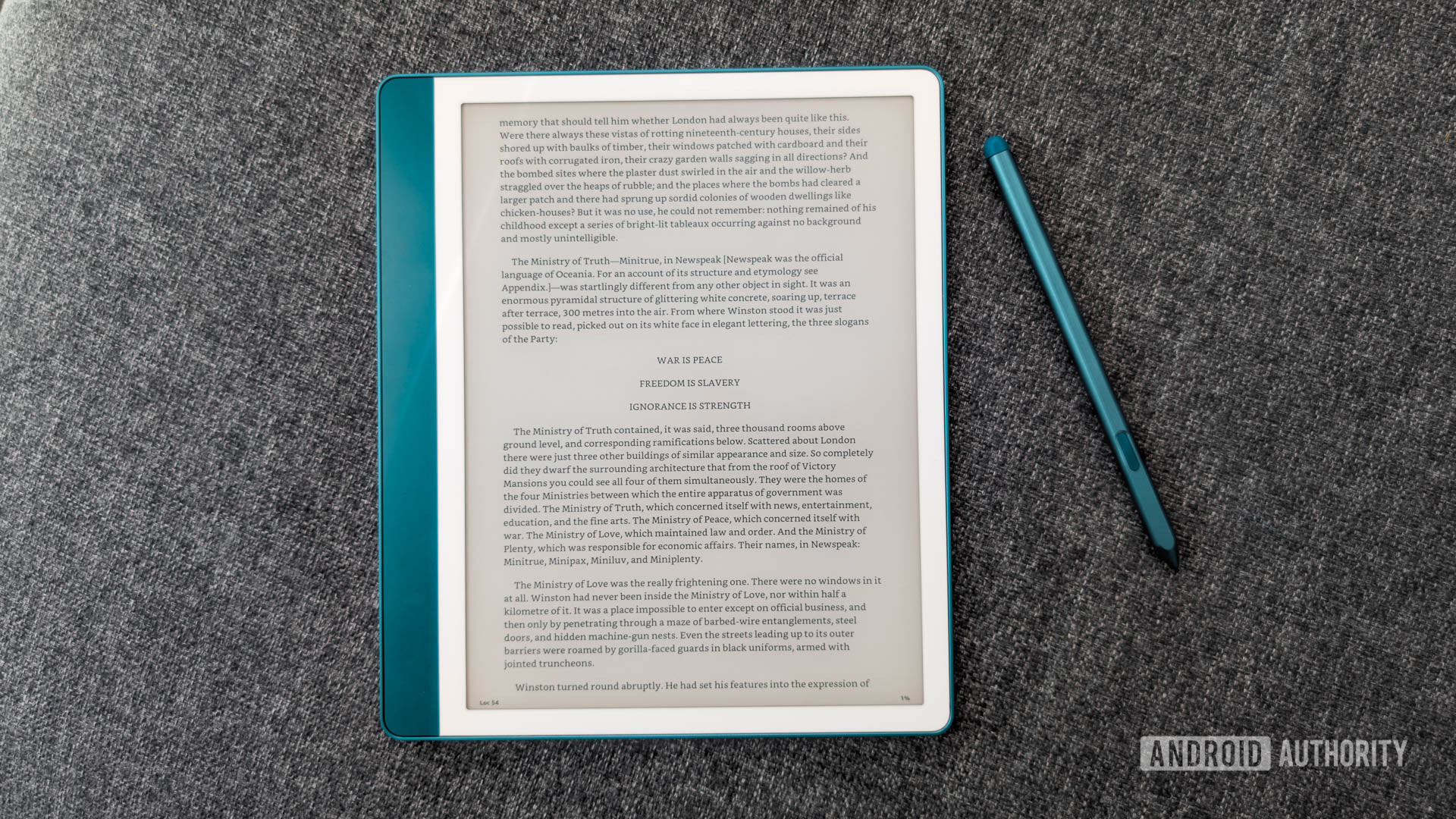It's easy to get in the habit of hoarding financial documents with the rationale that maybe, someday, you'll need them again. But if you're looking to get your financial house in order, be smart about what you keep — not all of it needs to follow you to the grave.
For instance, some items like ATM receipts can be tossed after a month, while pay stubs and investment account statements should be kept for at least a year, or until you verify accuracy with your W-2.
Items like your annual tax return, however, should be filed away and kept forever — the IRS has three years to conduct an audit, but if there's a chance your income was under-reported, an audit can happen at any time.
Consult the chart below to find out how long to keep each of your most important financial documents:

And while you can safely keep most bank, tax, and investment documents on your computer or a hard drive, you should always have physical copies for these items:
- Birth certificates
- Citizenship papers
- Custody agreement
- Deeds and titles
- Divorce certificate
- Loan/mortgage paperwork
- Major debt repayment records
- Marriage license
- Military records
- Passport
- Powers of attorney
- Stock certificates
- Wills and living wills
- Anything with an original signature or a raised seal
SEE ALSO: Use this chart to find out if you and your spouse should file taxes jointly or separately
Join the conversation about this story »
NOW WATCH: A study finds that drivers are wasting $2.1 billion on premium gas a year
from Strategy http://ift.tt/2kfkpjP
via IFTTT



No comments:
Post a Comment